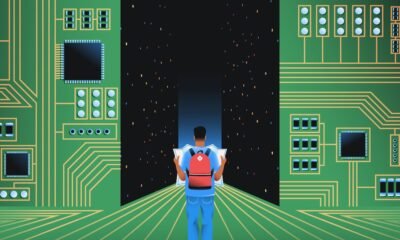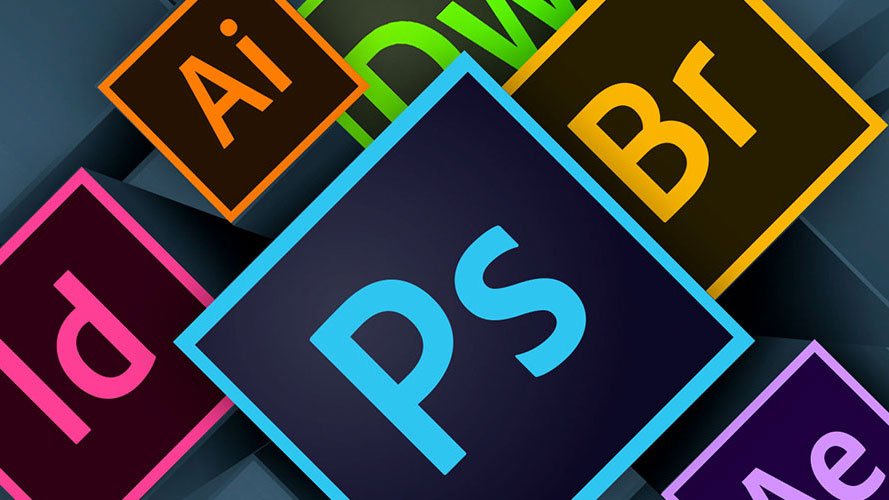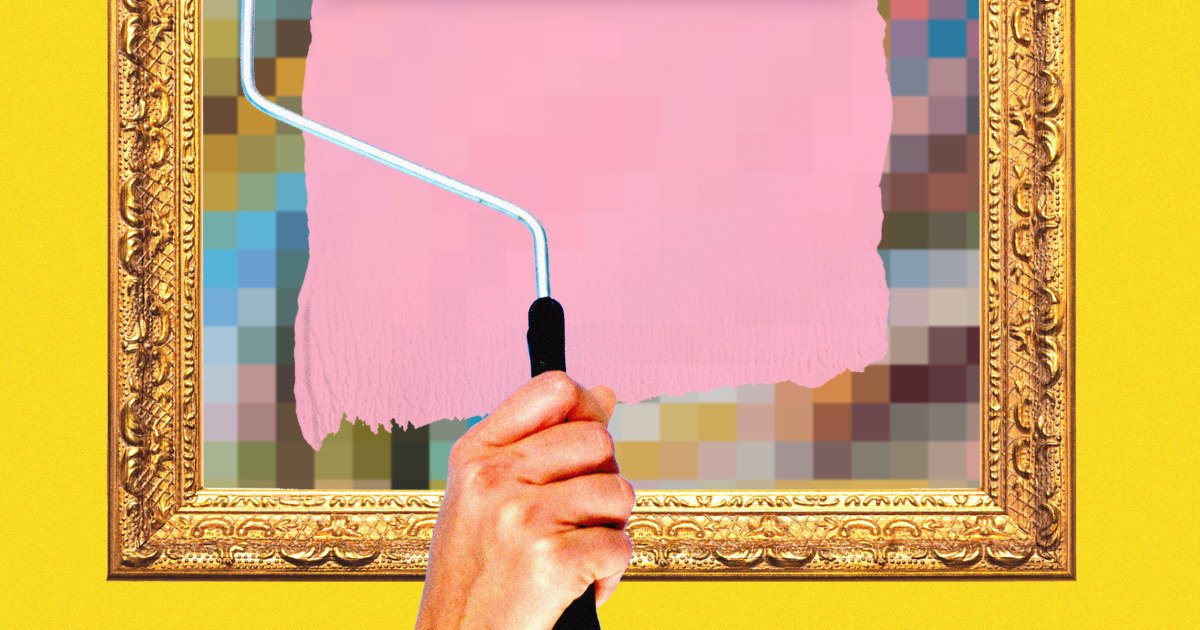Remember when Netflix was eight dollars a month? Now it’s nearly tripled in price, carved into ad-riddled tiers, while free-to-air TV has been gutted into unwatchable dreck. The streaming giants hooked us with cheap content, killed the free alternatives, then cranked up prices once we were trapped.
Well, I reckon we’ll soon be watching the exact same playbook unfold with AI. Except this time, the stakes will be infinitely higher.
None of this is sustainable
OpenAI didn’t raise $6.6 billion to run a charity for struggling copywriters. Google isn’t pouring billions into Bard out of algorithmic kindness. These companies are playing venture capitalist roulette, with money that makes Netflix’s early losses look like pocket change.
Training these AI models costs more than some countries’ GDP. Running them requires server farms that could power small cities. Every ChatGPT query burns through electricity like a teenager with their first credit card. This isn’t sustainable; it’s an investment in market domination.
And once they’ve got us hooked? Once every creative depends on AI to stay competitive? That’s when the meter starts running.
It’s a playbook we’re all familiar with, from price hikes in services such as the Adobe Creative Cloud or Microsoft‘s Office Suite. Which is exactly why the recent Black Mirror episode Common People, in which a woman with a brain tumour needs a monthly subscription to stay alive, hit home so viscerally.
I can already see the future: AI Basic: $29.99/month, 50 queries daily, watermarked outputs. AI Pro: $69.99/month, unlimited queries, premium models. AI Enterprise: $299.99/month, custom training, API access. Just like Adobe‘s Creative Cloud killed off one-time software purchases, AI subscriptions will become the new normal.
Yet unlike Netflix or even Photoshop, AI won’t just be nice to have; it’ll be essential for economic survival. The creative who can’t leverage AI will be like the graphic designer who never learned computers in the 1990s: rapidly obsolete.
Remember, 25 years ago internet access was a luxury. Now the UN considers it a human right. Your broadband bill now sits alongside electricity and gas as non-negotiable. AI is heading down the same path.
For creatives, it’s a cruel paradox. We’re already operating on razor-thin margins, losing work to AI itself. Now imagine adding another $60 monthly AI subscription. Not as a luxury, but as a basic requirement for staying competitive.
Pity the little guy
The big agencies will absorb these costs easily, of course; building them into overheads, just like Adobe subscriptions. But the solo freelancer, the small studio, the emerging creative trying to break in? They’ll be priced out before they’ve started.
We’re sleepwalking into a future where AI access becomes the new digital divide. Creatives who can afford premium AI tools will soar ahead, while those who can’t will scramble for free-tier breadcrumbs (assuming there still is a free tier).
So enjoy this honeymoon while it lasts. Use these tools, learn them inside out, and build your skills while the getting’s good (unlike these 5 failed AI ads). Because sooner or later, the bill will arrive. And you’d better hope you can afford it.












































